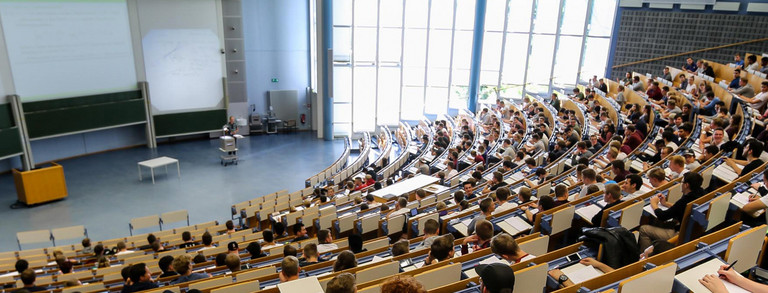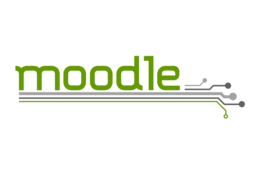Theory of economic policy
| Module: | Module 8a-d: Economic policy I |
| Lecturer: | Michael Böhm / Fabian Möller |
| Scope / Credits: | 4 SWS / 7,5 Credits |
| Course type: | Lecture and exercise |
| Language: | German |
| Date and place: | Tuesday 14-16 (E) SRG 1 - 2.008 / Wednesday 12-14 (L) - CT Zentralbereich -HS ZE 02 |
| Beginning: | 08 April 2026 (L) / 14 April 2026 (E) |
| Exam: | Written exam |
Contents overview
What is this course about?
The “Theory of Economic Policy” module deals with the central question of when and how goverments should intervene in market activity - and when it is better not to. We start by discussing why free markets often lead to impressive gains in prosperity and why this is not always sufficient to achieve economic and social goals.
What are the topics?
The focus is on situations in which markets fail - i.e. do not produce an efficient or fair allocation of resources. Among other things, we analyze
- Externalities (e.g. environmental pollution),
- Public goods (e.g. national defense),
- Market power (e.g. monopolies),
- Economic inequality and
- Innovation policy.
We will discuss whether and how goverment intervention is justified and which instruments are available (e.g. taxes, subsidies, regulation, patents).
Who is the lecture relevant for?
The content is aimed at students with an interest in economic and business management issues. Anyone who later works in ministries, political consulting or the corporate world should understand how economic policy works and what impact it has. Topics such as “non-market strategy” for companies are also covered.
What will I take away?
At the end of the course, you will understand how economic policy decisions can be theoretically justified and practically implemented. You will be able to assess political measures from an economic perspective and critically classify current economic policy debates.



